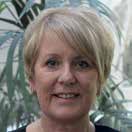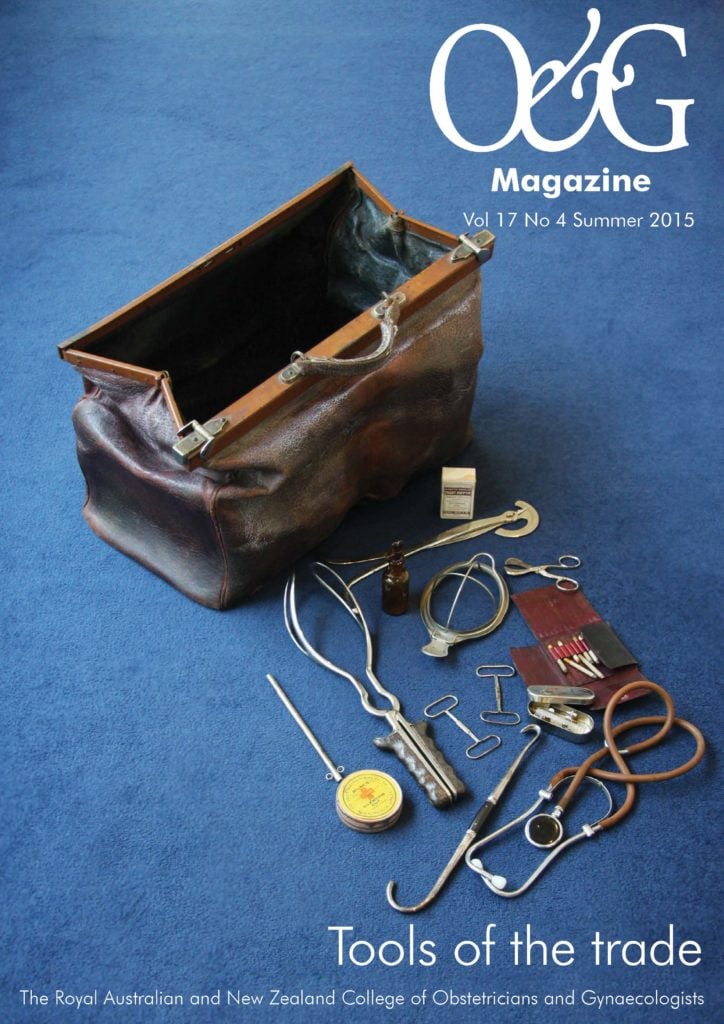As 2015 draws rapidly to a close, it is interesting to reflect back on some of the issues that have faced the medical profession in general, and medical colleges specifically, during the past 12 months. As 2015 draws rapidly to a close, it is interesting to reflect back on some of the issues that have faced the medical profession in general, and medical colleges specifically, during the past 12 months.
Bullying and harassment
One of the key challenges facing the profession in the past year has been the emergence of reports relating to bullying and harassment. Following public claims from a surgical trainee, the Royal Australasian College of Surgeons (RACS) commissioned a report into the levels of bullying and harassment being experienced within the surgical training program. The report highlighted significant instances of bullying, intimidation and sexual harassment and found that:
- 49 per cent of Fellows, trainees and international medical graduates reported being subjected to discrimination, bullying or sexual harassment;
- 54 per cent of trainees and 45 per cent of Fellows less than ten years post-fellowship reported being subjected to bullying;
- 71 per cent of hospitals reported discrimination, bullying or sexual harassment in their hospital in the last five years, with bullying the most frequently reported issue;
- 39 per cent of Fellows, trainees and international medical graduates reported bullying, 18 per cent reported discrimination, 19 per cent reported workplace harassment and seven per cent reported sexual harassment;
- discrimination is most commonly about cultural or racial discrimination (33 per cent), followed by sexual discrimination (16 per cent);the problems exist across all surgical specialties; and
- senior surgeons and surgical consultants are reported as the primary source of these problems.1
So what does this mean for RANZCOG? The RANZCOG Board has decided that it will conduct its own survey to determine if similar issues exist within obstetrics and gynaecology and, if so, to what extent. Although anecdotal evidence exists, concrete data have not been produced and once this evidence has been attained, decisions can be made about future actions and initiatives.
Skills shortages: supply and demand
RANZCOG, along with the other specialist medical colleges, was recently asked to provide feedback regarding the Skilled Occupations List (SOL). This information is used by the Australian Department of Immigration and Border Control to identify occupations that would benefit from independent skilled migration for the purpose of meeting the medium- to long-term skill needs of the Australian economy. Specialist medical practitioners have been on the SOL for a number of years; however, some consideration is now being given to whether or not this inclusion needs to be revised.
As you are no doubt aware, numbers of medical students have increased significantly over the past few years, which has led to problems in securing adequate intern placements and, in turn, greater competition for specialist training positions. RANZCOG is very mindful of the increasing numbers of junior doctors entering the system and the growing pressure this places on hospitals and other settings to provide adequate experience for those within the training program. While shortages do still exist in some areas, there is evidence to suggest that some metropolitan areas are close to, or have already reached, saturation point. RANZCOG is fortunate to have a dedicated Workforce and Evaluation Unit that can provide accurate and up-to-date data for workforce planning agencies. RANZCOG has recently met with the Department of Immigration and Border Control to discuss current training and future workforce issues and it is an issue that the College will continue to monitor.
Choosing Wisely Australia
Choosing Wisely® had its beginnings in 2002, with the publication of ‘Medical Professionalism in the New Millennium: A Physician Charter’ by the American Board of Internal Medicine (ABIM) Foundation, the American College of Physicians Foundation and the European Federation of Internal Medicine.2 The charter provided a new set of professional responsibilities for medical practice. Among the commitments set out were: ‘managing conflicts of interest, improving the quality of care, improving access to care, and promoting the just distribution of finite resources’. These principles underpin Choosing Wisely.3
The campaign aims to improve the quality of healthcare through considering tests, treatments and procedures where evidence shows they provide little or no benefit, or may even do harm. In Australia, this work is being led by an advisory group, which is informed by the representatives panel consisting of members from participating medical colleges responsible for driving list development and implementation within respective colleges. RANZCOG is now seeking feedback from members to assist in the creation of a list of five tests, treatments or procedures that evidence suggests are not beneficial to the patient. Should you wish to contribute to this discussion, I would welcome your feedback, which will be passed on to the Board and those responsible for representing the College as part of this initiative.
Knowledge management
Finally, I wanted to end this report by highlighting a current administration project that is specific to the College, but which no doubt affects anyone working in a large, complex organisation. The capturing, storing and sharing of information is a critical factor in ensuring organisational capability and effectiveness yet, often, this information is stored on personal drives, written notes or, worst of all, in people’s heads. Although corporate memory is a difficult concept to share, the ability to pass critical information on to others can mean the difference between productive efficiency and time-wasting repetition.
One (but by no means the only) solution to this problem, is to implement an effective knowledge management system that enables individuals and teams to quickly access the information they need to complete the task at hand. Anyone who has spent hours or sometimes days searching for a critical piece of information will understand why this project is important to the College and how this will bring about improvements to the way business is conducted at RANZCOG. In common with the website and database redevelopment projects, this initiative aims to support staff in providing members with responsive and timely service and ensure that vital information is not lost when staff or key office bearers move on.
In conclusion, I would like to thank everyone who has welcomed me so warmly and provided encouragement and support in my new role. I would also like to wish all our members and their families a very safe and happy holiday season and all the best for the coming year.
References
- Expert Advisory Group on Discrimination, Bullying and Sexual Harassment Report to RACS. 2015, RACS
- ABIM, ACP–ASIM, and EFIM, Medical Professionalism in the New Millennium: A Physician Charter. Annals of Internal Medicine, 2002. 136(3).
- Choosing Wisely Australia. 2015; Available from: www.choosingwisely.org.au/






Leave a Reply